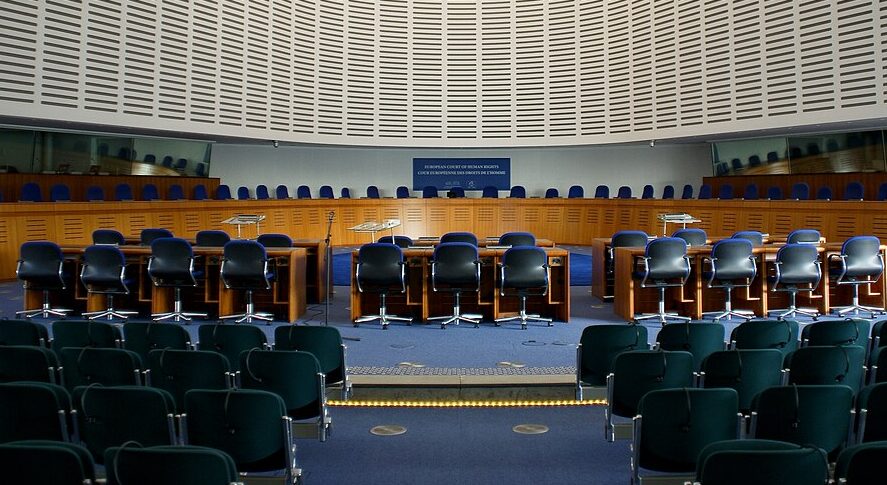ECHR rules against Netherlands for failing to reassess long-term family separation
The European Court of Human Rights (ECHR) has determined that the Dutch government violated a mother’s family rights under Article 8 of the European Convention on Human Rights. The ruling stems from the authorities’ failure to take significant action to restore contact between the mother and her daughter for nearly a decade, marking a significant family rights ruling by the ECHR.
The landmark judgment, delivered in Strasbourg on Tuesday, concerns a Dutch woman whose daughter was removed from her care in 2015. Authorities cited domestic violence, mental health concerns, and family instability. What began as a temporary separation ultimately became permanent after the mother declined to participate in an institutional mother-daughter assessment programme. Dutch courts later terminated her parental authority entirely, citing the passage of an “acceptable time” for family reunification and the potential developmental harm to the child.
However, the ECHR found Dutch authorities fell short of their human rights obligations by failing to periodically reassess the possibility of contact or reunification as the child matured. While the Court acknowledged the Netherlands had a legitimate aim—protecting the welfare of the child—it criticised the state for not maintaining engagement with the mother’s evolving circumstances or making structured efforts to preserve the familial bond.
The ruling underscores the seriousness of cutting off parent-child contact long-term, noting that such measures require “particularly weighty justification” and “high procedural diligence.” Crucially, the Court flagged that authorities never re-evaluated whether some level of supervised contact might have been appropriate—despite the passage of years and the mother’s alleged personal progress.
The original decision to terminate parental authority rested heavily on the mother’s refusal to cooperate with designated care institutions. However, the ECHR made clear that this did not relieve the state of its positive obligation to foster family life where possible. Instead, the authorities “withdrew from the case,” the Court suggested, abandoning efforts to support the bond between mother and child after the legal severance.
Embed from Getty ImagesThe mother had long argued that Dutch child services and courts failed to make genuine attempts to sustain their relationship, nor did they reassess the situation as required by human rights norms. Her lawyers contended that the complete cessation of contact was both disproportionate and not subject to proper review—a view the Court ultimately upheld.
Under Article 8, European states must not only avoid unjustified interference in private and family life but also take active steps to uphold it. The Court reaffirmed that child protection decisions must be continually revisited, particularly where serious and irreversible measures—such as the termination of parental rights—have been implemented.
While the judgment does not automatically restore the mother’s parental authority or grant her access to her daughter, it does open the door to potential legal redress and calls into question longstanding child welfare practices in the Netherlands.
Dutch officials have yet to respond to the ruling, but legal experts say it could have wide-ranging implications for how social services across Europe handle long-term child placements, especially those that gradually become permanent.
The judgment serves as a stark reminder that even where intentions are to safeguard vulnerable children, the state must remain vigilant to evolving realities—and must always act with a view to protecting family life wherever safely possible.




